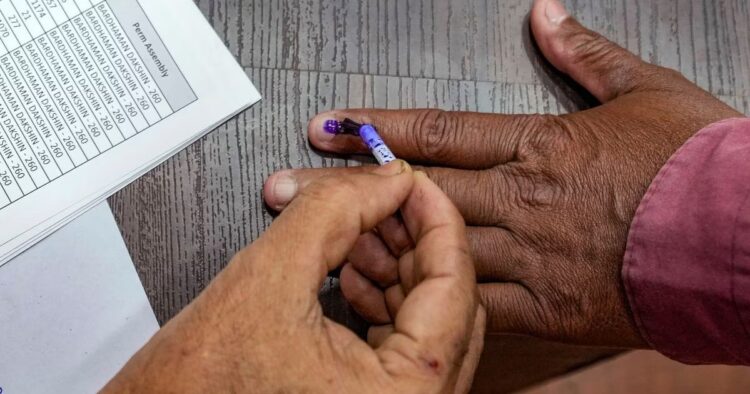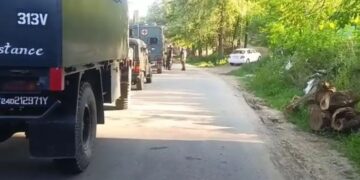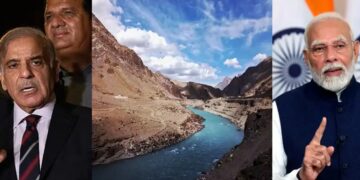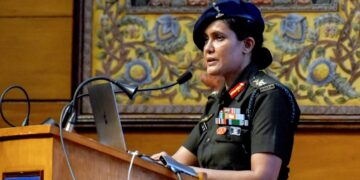As Bharat gears up for Phase 4 of the Lok Sabha elections, 96 parliamentary constituencies from 10 States/Union Territories will go to the polls on Monday.
This phase marks a crucial step in the democratic process, with voters across various regions casting their ballots to elect their representatives in the Parliament.
According to the Election Commission of India (ECI), a total of 4,264 nominations were filed for the 96 constituencies slated for Phase 4. Out of these, 1,717 candidates remain in the fray after the scrutiny process. Telangana recorded the highest number of nominations at 1,488, followed by Andhra Pradesh with 1,103 nominations spread across 25 constituencies.
The deadline for filing nominations for Phase 4 across all 10 States/UTs was April 25, setting the stage for a competitive electoral battle in these regions.
With a significant number of candidates vying for seats, voters will have a diverse range of options to choose from during the polling process.
Constituencies Scheduled for Polling on May 13
The constituencies scheduled for polling on May 13 span across various states, reflecting the diversity of India’s political landscape. From Andhra Pradesh to West Bengal, voters in these regions will play a crucial role in shaping the outcome of the elections.
In Andhra Pradesh, constituencies such as Visakhapatnam, Vijaywada, Guntur, and Tirupati are among those set for polling. Similarly, regions like Begusarai in Bihar, Srinagar in Jammu and Kashmir, and Pune in Maharashtra are also on the list of constituencies for Phase 4.
Polling Times and Preparations
Polling will commence at 7 am and conclude at 6 pm across the designated polling centers for the third phase of the general elections in Maharashtra. With 23,036 polling centers set up for Phase 4, authorities are working diligently to ensure smooth conduct of the electoral process.
The average number of contesting candidates per parliamentary constituency in the fourth phase is 18, highlighting the competitive nature of the elections in these regions.
As voters prepare to exercise their democratic right, security measures and logistical arrangements have been put in place to facilitate a fair and transparent polling process.
Phase 4 of the Lok Sabha elections represents a significant milestone in Bharat’s democratic journey, with voters in 96 constituencies set to determine the political direction of their respective regions. With a diverse array of candidates and issues at stake, the outcome of Phase 4 will shape the composition of the Parliament and influence the course of the country’s governance.

















Comments